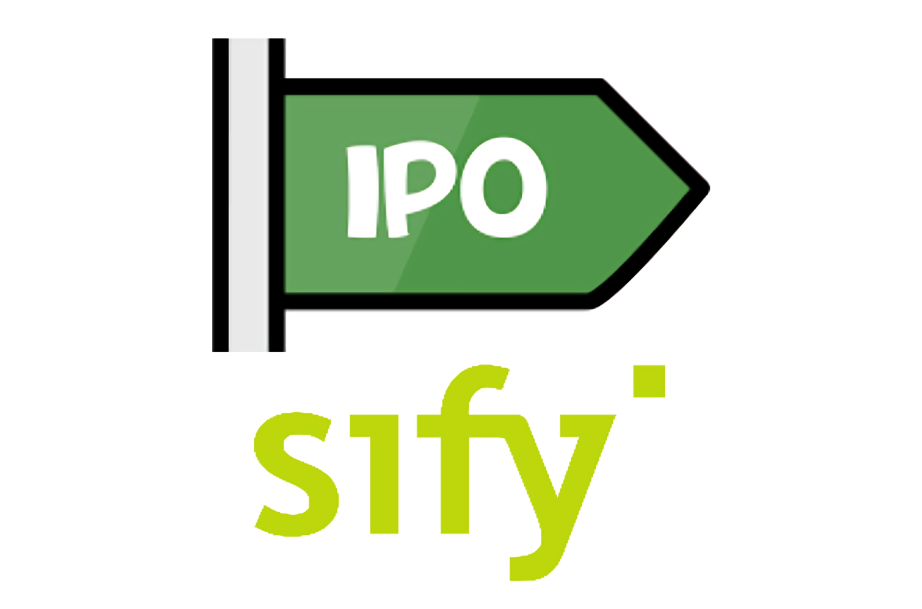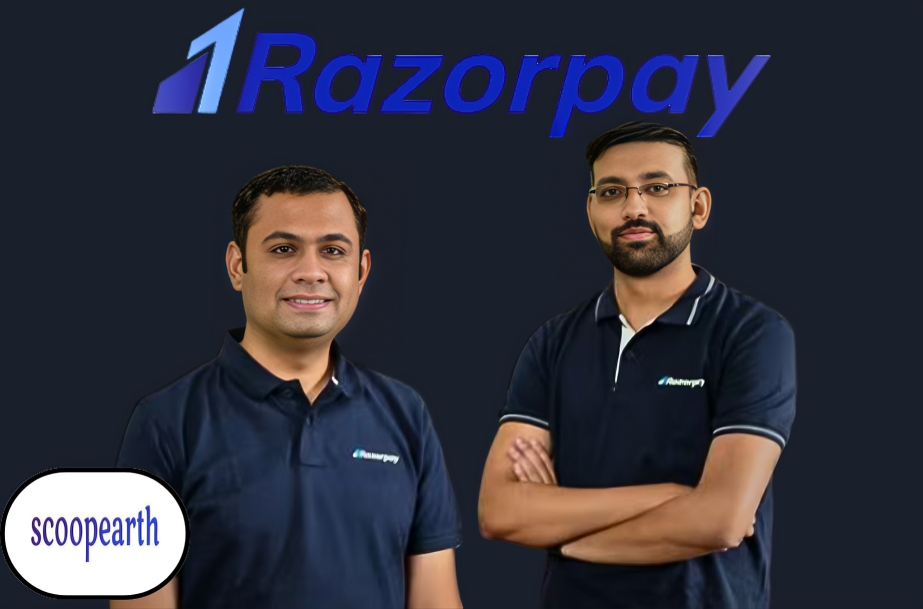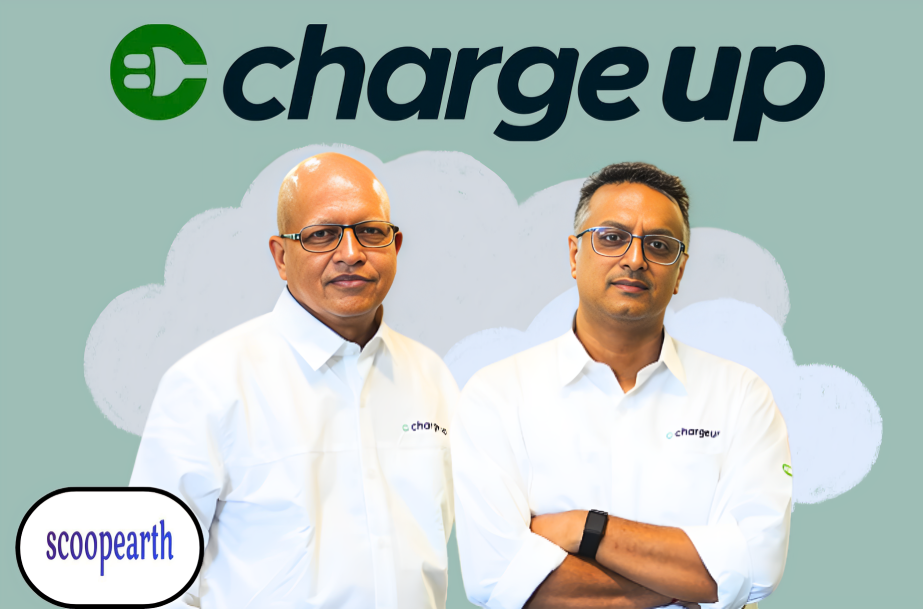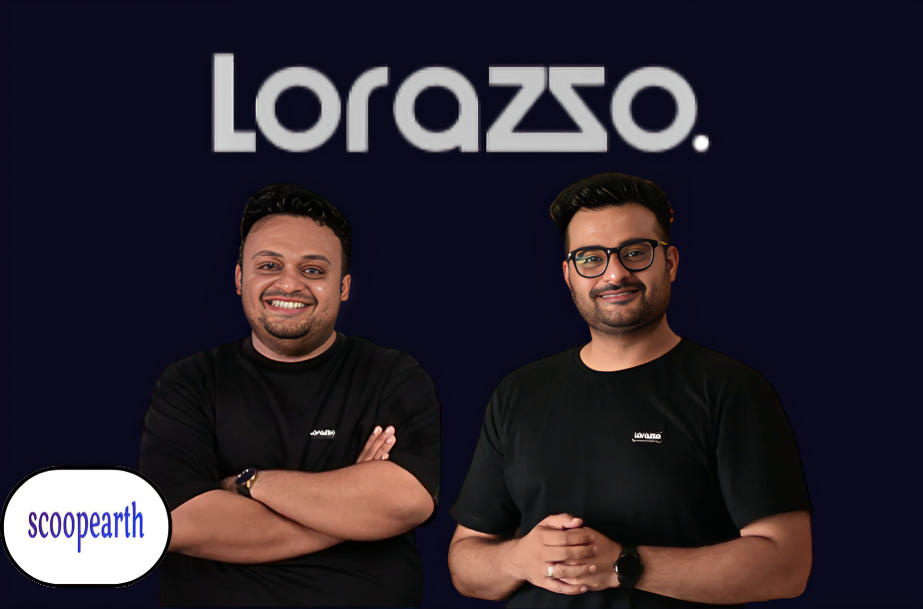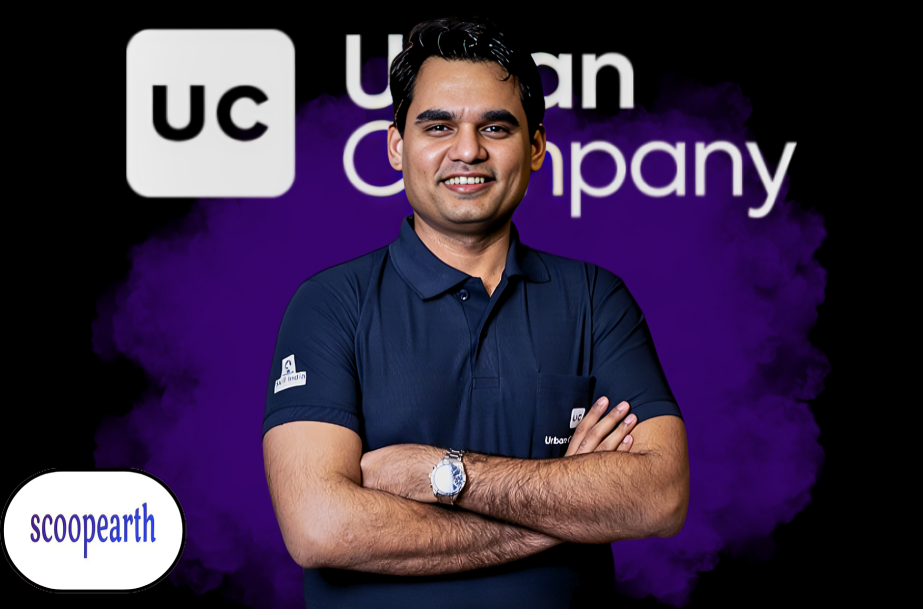Citymall, an Indian grocery startup, raised $47 million in Series D funding

SUMMARY
Citymall is an Indian grocery company that has attracted $47 million in Series D funding to provide a formidable competition to the ultra-fast delivery giants in the country. Accel was the first investor in the round, and other existing investors such as Waterbridge Ventures, Citius, General Catalyst, Elevation Capital, Norwest Venture Partners, and Jungle Ventures also participated. This new round takes the total funding of Citymall to $165 million, but leaves its valuation of the company at its constant level of $320 million, three years after receiving a $75 million Series C round.
Competitors and reliance on community leaders
Citymall was founded in 2019. Citymall originally used community leaders in different cities to advertise its platform, accept orders, and coordinate the delivery at the last mile. This model was particularly successful in the initial phase of the COVID-19 pandemic when the majority of consumers were new to online grocery shopping and required practical support.
Citymall also optimized its operations by ensuring that community leaders were only employed to carry out fulfillment functions as the market became mature. This change was able to save money but at the same time offer a localized delivery network that is critical when it comes to small towns where more traditional logistics infrastructure might not be as developed.
Where the rivals such as BlinkIt, Zepto, Swiggy Instamart, and BigBasket are competing to deliver groceries in 10 minutes, Citymall is doing just the opposite. The startup will be aimed at tier 2 and tier 3 towns, where value-conscious customers will buy products not on impulse but planned. Such an approach will enable Citymall to avoid high operation costs and logistical complexity of ultra-fast delivery models.
Investors are hopeful despite the valuation being at the same level. Sources who are close to the deal suggest that the valuation was pegged to a figure of close to 4x times the previous year’s revenue of Citymall as a sign that they were confident in the growth path that the company was taking and the way it was differentiating its online grocery retail operations.
Over a call with TechCrunch, Pratik Agarwal of Accel said, “We have been an investor in Citymall since the Series A, and we wanted to double down with this investment because we think online grocery shopping, and the value segment within that, is the largest consumer market in India.”
Quotation Source: Yahoo Finance
Fiercely competitive for dominance in urban centres
The online grocery market of India is highly competitive, and the major players in the market are well-funded and are competing to dominate the market in urban centers. By choosing to serve underserved areas and consumers with low income, Citymall can find a niche that is less saturated and can be more loyal.
With a vendor-selected assortment of goods and a business approach to fulfillment based on the local community, Citymall is not subjected to the logistical load and expensive customer-acquisition burdens that plague quick-commerce platforms. This area of operations may be beneficial because the market is becoming more mature and investors require more certain ways to gain profits.
Citymall has the potential to become the online version of Dmart due to the strong support of experienced investors and a business model that is based on low prices and efficiency in operations. With the online grocery market in India still developing, the contrarian approach that Citymall adopts is likely its biggest asset.
Kheterpal said, “Citymall offers cheaper essentials to users who might order a few times a month. The company buys goods directly from suppliers and uses its community leaders to achieve to low cost of distribution that results in building a healthy gross margin.”
Quotation Source: Yahoo Finance
Conclusion
The $47 million Series D round led by Citymall was a turning point in its quest to transform the online grocery shopping experience of the India-based value-driven consumers. The startup, by opposing the speedy shopping trend and investing in strategic shopping in tier 2 and tier 3 cities, is leveraging an area that is relatively unexploited by urban-based delivery giants.
Note: We at scoopearth take our ethics very seriously. More information about it can be found here.

